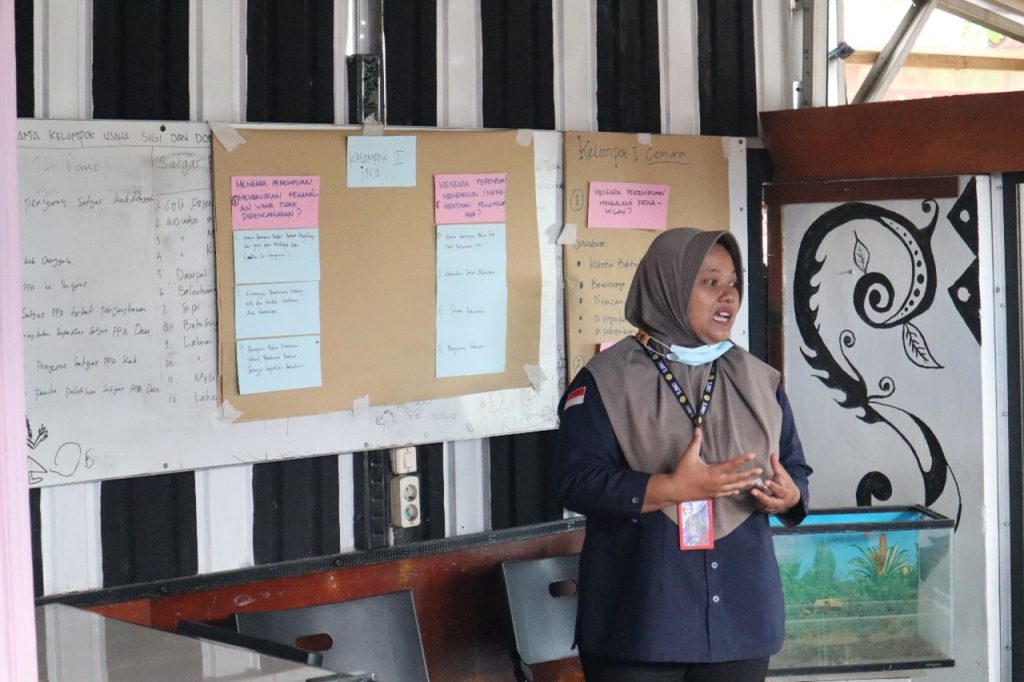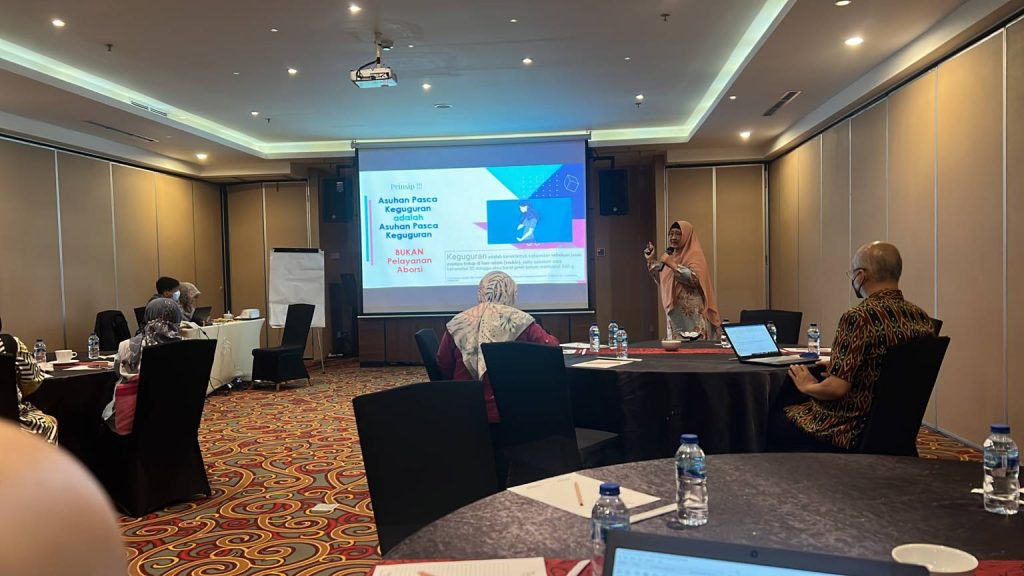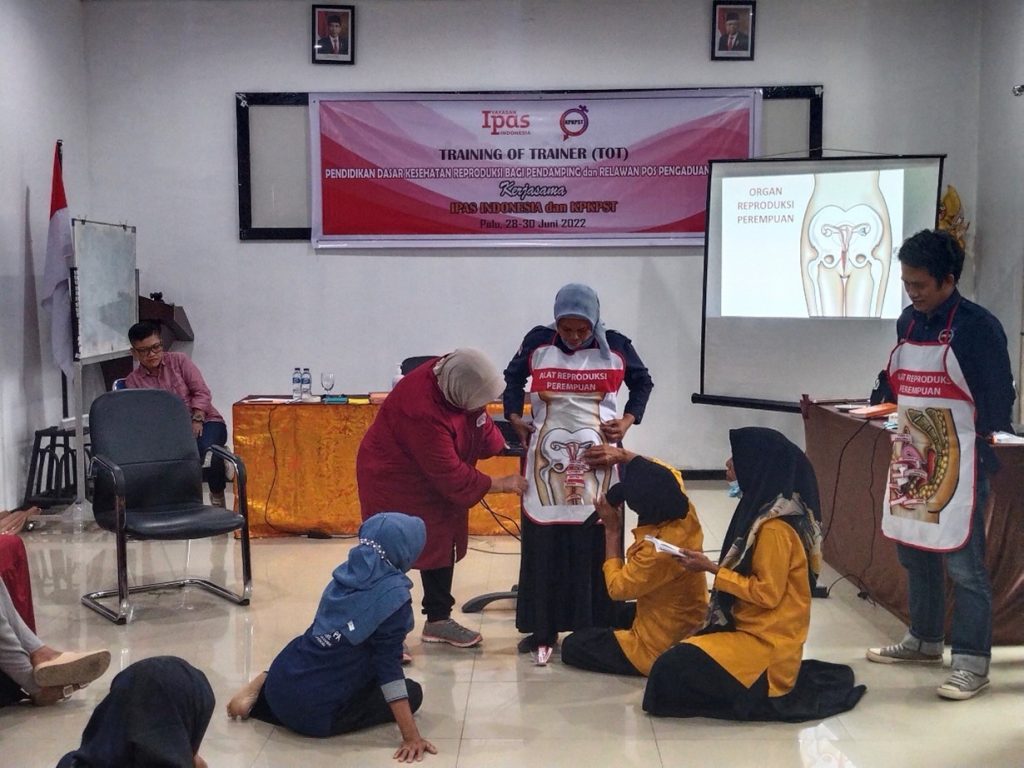Yayasan Merah Putih (YMP) Central Sulawesi, a partner of IPAS Indonesia for the CERAH (ClimateEmergency, Reproductive Rights and Health) program, held a discussion on the impactof climate change on reproductive health at the Sigi Regent’s Office, Central Sulawesi, on July 22, 2025. In the discussion, YMP invited two academics from Tadulako University, Palu, namely Dr. Ir. Abdul Rauf, MP. and Dr. Shendy.
YMP Program Manager Ferra Rifni Nusa said the discussion was held to strengthen the understanding that climate change and reproductive health, especially for women, are two issues that cannot be separated.
“For example, in disaster situations, women have difficulty accessing family planning (contraception) or even sanitary napkins. So this discussion is important to unite understanding across sectors, if we talk or discuss climate adaptation, it must include the right to reproductive health as well,” said Ferra.
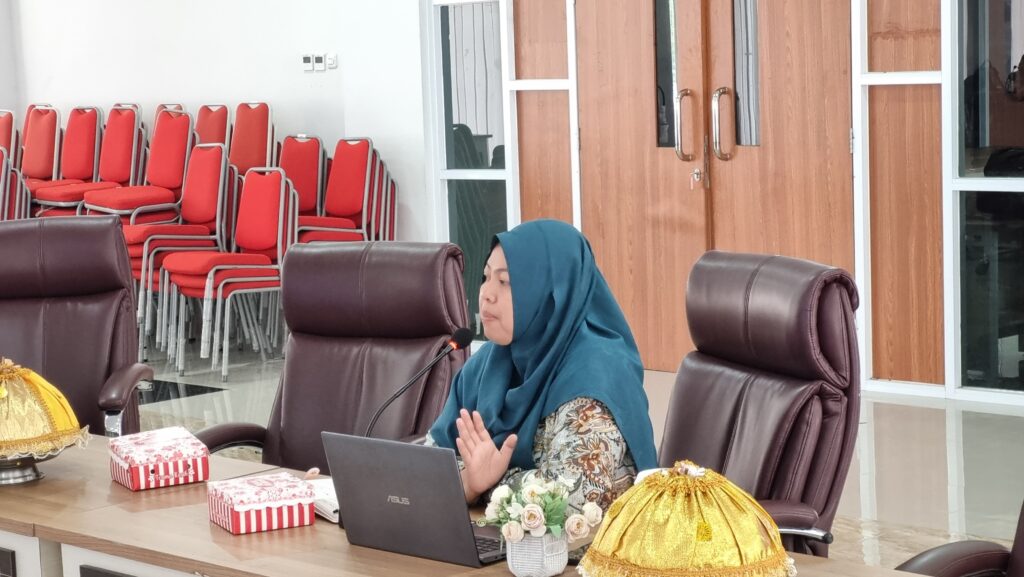
She added that this discussion activity went quite well due to the enthusiasm of the participants. A total of 34 participants from three civil society organizations, 12 government agencies, and two village representatives exchanged information related to topics related to climate change, natural disasters, and women’s reproductive health.
“So how disasters, for example floods, droughts, extreme temperatures, have a direct impact on access to health services, especially for women and vulnerable groups. Then we also discuss gender-responsive services, challenges in the field, and opportunities for cross-sector collaboration,” she added.
One of the participants as well as Lembatongoa Village Head Arman said that there are still many people in the village, including himself, who do not have an understanding of these two topics.
“But after being explained, I came to understand that women are more vulnerable during disasters. So hopefully I can bring this and start talking about this in the village deliberation, maybe it can be included in the village program in the future,” she said.
Head of the Public Health Efforts Division of the Sigi District Health Office, Dr. Adheleide Krisnawati Borman, said that the discussion was noted so that her agency would strengthen the integration between disaster management and reproductive health services.
“So after this [discussion], maybe what we can do is also about how to integrate these data into the health centers. Then, there is also the DAK (Special Allocation Fund) which we have mentioned earlier that can actually be accessed specifically for health socialization and regarding reproductive health issues and its relation to the climate crisis, it should be possible through that as well to educate,” she said.
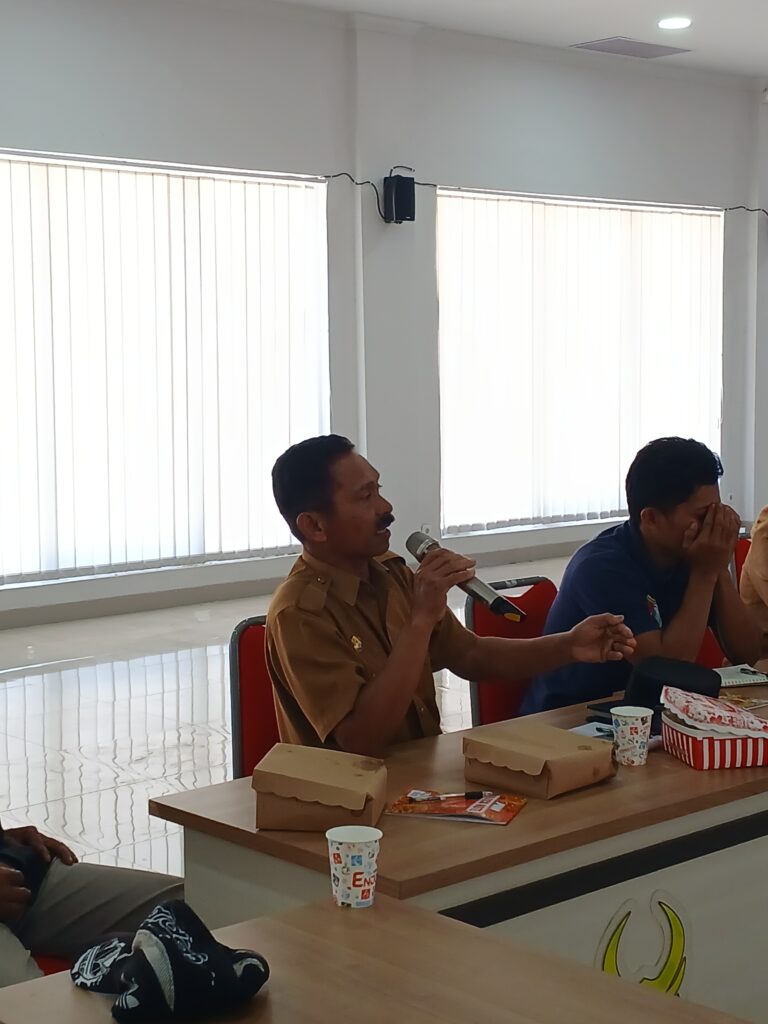
From this discussion, participants were able to identify disaster risks and their impact on health services. Participants also planned to include this issue in the village deliberation.
Sigi Regency is an area vulnerable to disaster threats including climate crisis such as floods, flash floods, extreme weather, earthquakes, droughts, liquefaction and landslides.
In November 2024, IPAS Indonesia in collaboration with the government, local partners and communities started the CERAH project. The aim of this project is to increase the resilience of primary health care services, especially reproductive health services such as contraception, whether or not disaster situations occur.
